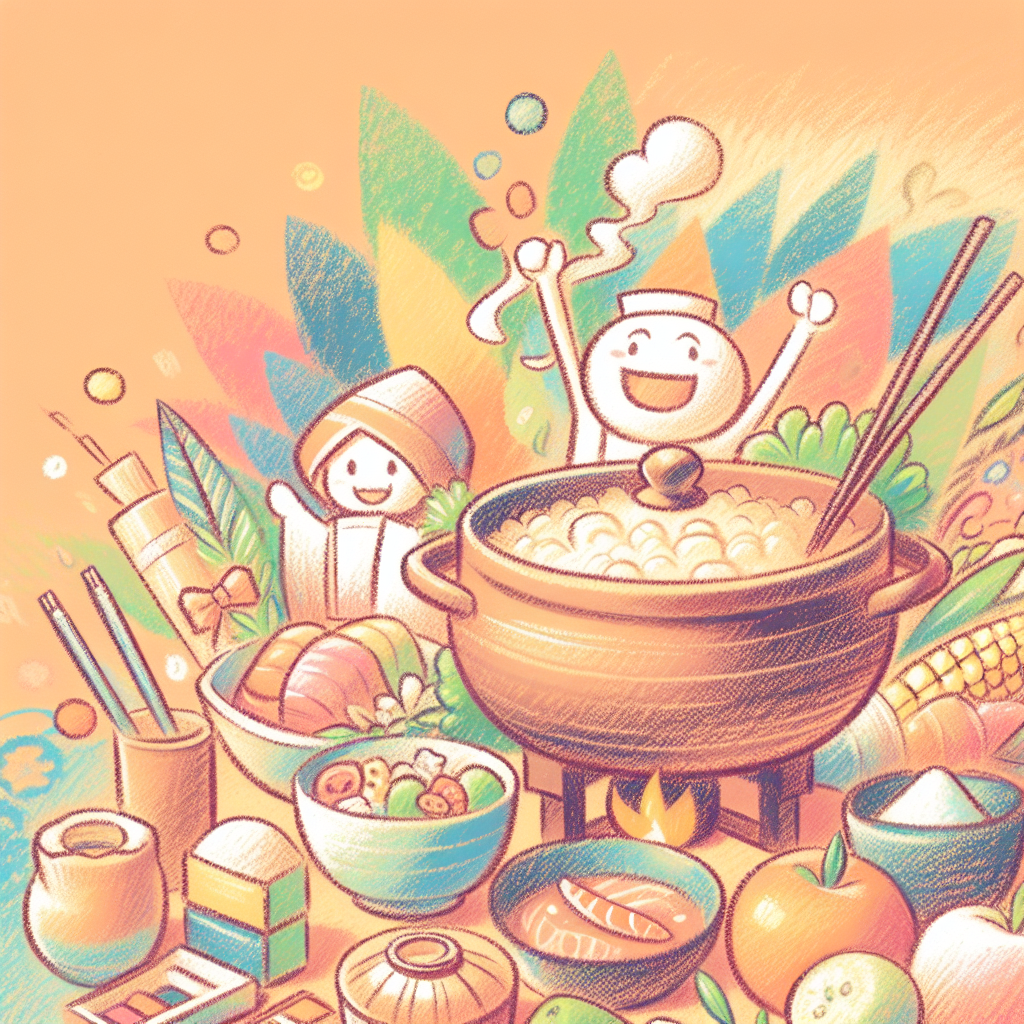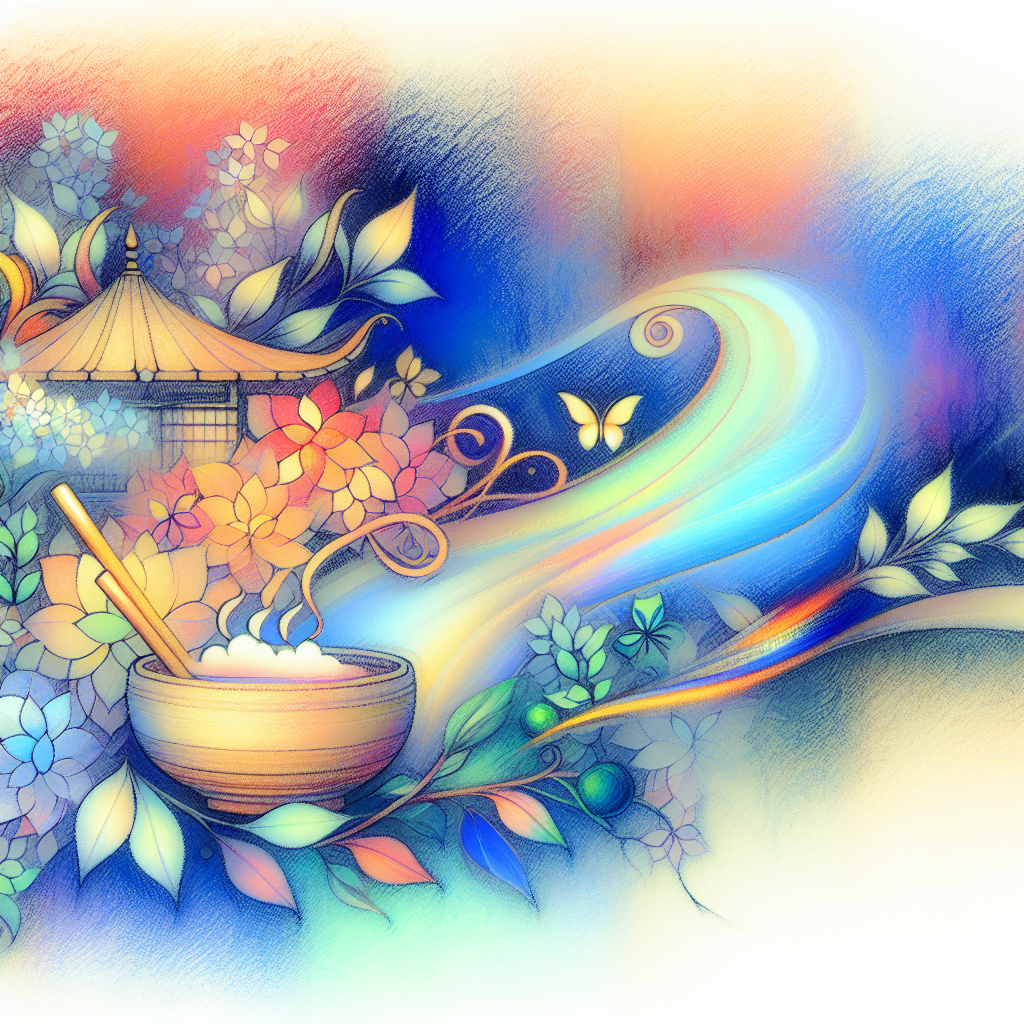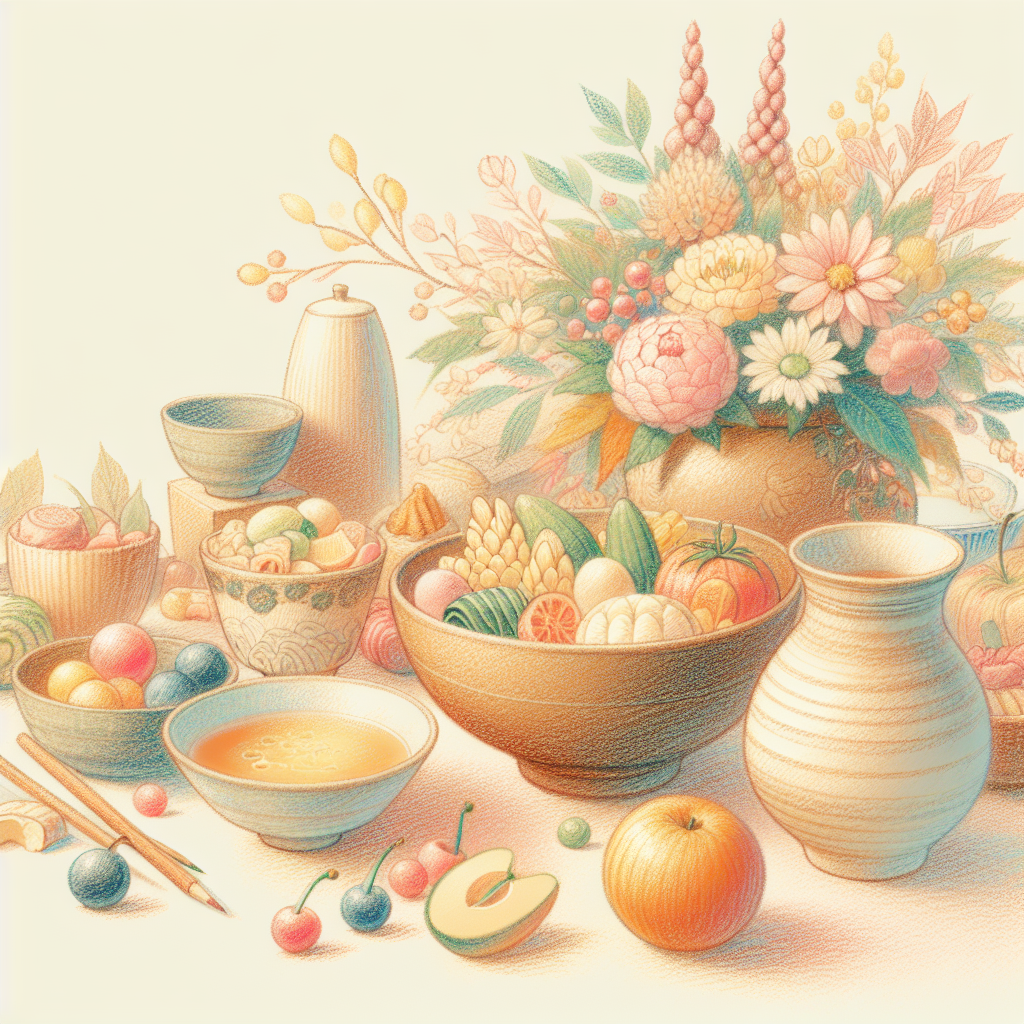Japanese Cuisine: A Harmonious Blend of Taste, Tradition, and Spirituality
Japanese Culinary Culture: The Intersection of Taste, Tradition, and Spirituality Japanese culinary culture is globally celebrated for its rich history and unique aesthetics. The interconnection of taste, tradition, and spirituality transforms Japanese cuisine into a distinct cultural experience that transcends mere meals. This article delves into the features, background, and unique philosophy surrounding Japanese cuisine, aiming to help readers gain a deeper understanding of its allure. The Characteristics and Regional Diversity of Japanese Cuisine One of the most striking features of Japanese cuisine is its strong emphasis on seasonality. Each season brings its own array of ingredients, ensuring that the flavors enjoyed are at their peak. This respect for the…









